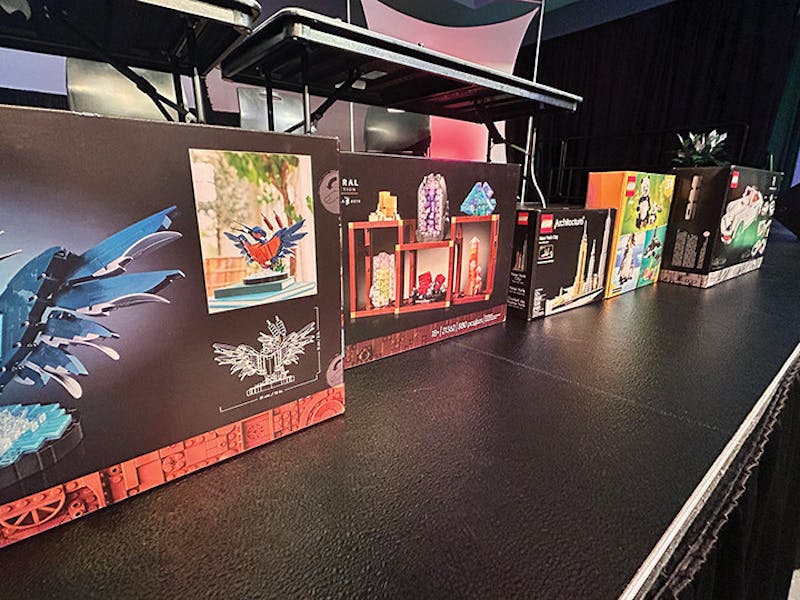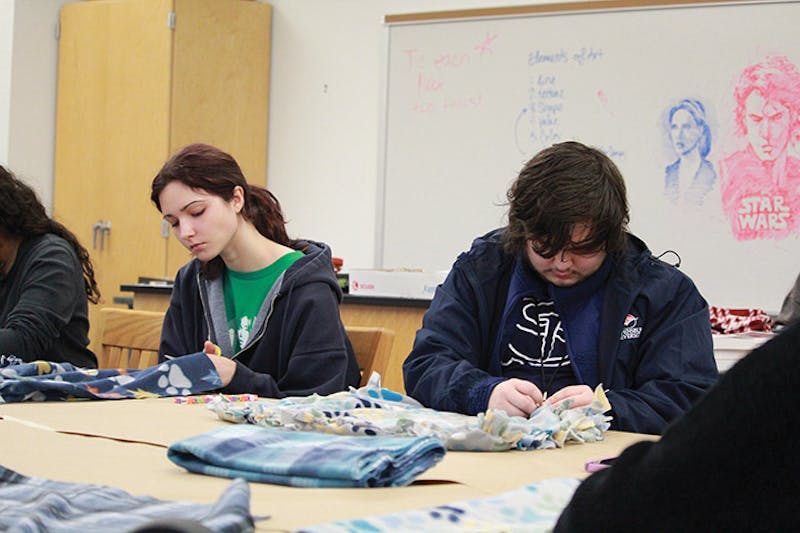Sometimes it is very easy to get sidetracked by your everyday life at Shippensburg University.
You get up, go to class, have lunch and do work for classes or study. College students are one step closer to entering the “real world” where things, such as being a global citizen, are vital to have already considered.
Being a global citizen means being aware of important things that go on outside of SU, building a community and realizing that there are more than just late night Sheetz runs or parties on Richard Avenue.
Our communities are interconnected on such a large scale that the world, in fact, is a part of your community.
Realizing this is a step to coming to terms with your own world view and how things that go on in the world could affect you as an individual.
Being aware of your surrounding political policies can have an effect on a much bigger scale, which includes regulations on internet access, the government’s use of nuclear weapons and immigration policies.
Things such as trades and treaties can be very important to know especially when traveling abroad and narrowing down vacation spots for spring break.
Being a global citizen can also affect social change in your own community. Knowing other people’s lifestyles and relationships that play into their culture can affect how you as an individual can see people who are different.
Social change begins with the recollection that everyone is different. Being a global citizen requires open-minded views in order to become a part of and respect the global community.
Being a part of a community that stands on a world-basis can be something that is doable for college students. It begins in the classrooms, in homes or in social settings with friends or family.
The conversation starts by asking oneself if you know anything that is happening in places like Syria, Afghanistan, India or even as close as Mexico.
If the answer is “no,” then the next step is to pull out a book, or look up news on Google.
The more involved with the world that you are as an individual, the more you set the stance for what happens in our own legislature. This includes when it is time to vote on who is in charge of making laws concerning international trade, treaties, use of nuclear weapons and human rights.
The more you are aware of what is going on around the world, the more you will be equipped to make decisions that will ultimately affect how our generation and generations after us will live.



The Slate welcomes thoughtful discussion on all of our stories, but please keep comments civil and on-topic. Read our full guidelines here.